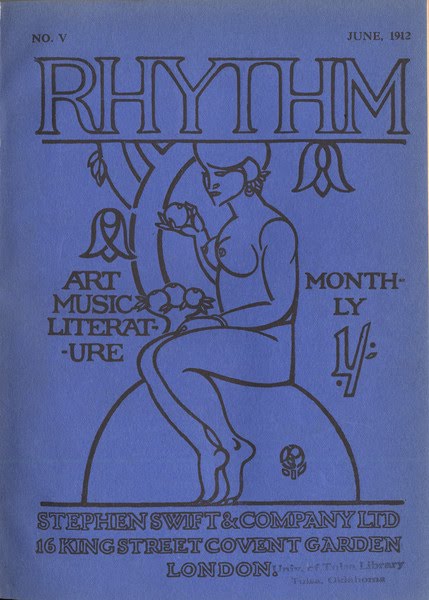Those who dislike Beckett's play Waiting for Godot, often cite its confrontational lack of action. Indeed the play throughly flouts the narrative technique, "Checkov's gun" which states allegorically, "if a gun appears in the first act, it must go off by the third." Beckett not only fails to fire his "gun," but fails to provide a third act in which to do so. In Waiting for Godot the gun, of course, is Godot and it's firing is his arrival. However, in this inaction, we can read a potent and exact inversion of Joseph Campbell's construction of the universal myth, which he terms "momomyth."
In conceiving his monomyth, Campbell sought to refine the foundational mythologies of different societies and cultures to their most potent and basic extracts. He believed this structure would approach a universality capable of transcending language, heritage, location, time, and creed. Today the momomyth is commonly referred to as "the hero's journey," and is frequently held up as a sort of prescriptive for a successful and satisfying plot. The hero's journey follows a protagonist who is drawn from his or her home by some problem or change, encounters various friends and foes on his or her journey to confront the source of this instability, and finally returns home after battling and overcoming this inciting force.
In Beckett's play, however, the protagonists are driven to stay, not to act. Fate too seems complicit in Estragon and Vladimir's inaction; their failing memories and lack of requisite equipment hamper their attempts at dramatic action. Perhaps the best example of this fateful stillness is their inability to hang themselves because they repeatedly forget to bring rope when they wait by the tree. It seems problematic calling Estragon and Vladimir protagonists, as the word protagonist comes from the "Greek prōtagōnistēs, from prōt- prot- + agōnistēs competitor at games, actor, from agōnizesthai to compete, from agōn contest, competition at games" (Merriam-Webster). While Estragon and Vladiplay do play a sort of verbal game, it would be difficult to argue that they are "competitors" as this game has no goal, no prize, and no winner; rather it seems they are simply engaging in folly to pass the time.
If Vladimir and Estragon, clearly the main characters, are not protagonists, who is? Perhaps this question can be answered by exploring what Vladimir and Estragon are instead. As Vladimir and Estragon's defining characteristics are stagnancy and suspension, it seems clear where the pair should fit in Campbell's monomyth. They belong in the hero's abandoned homeland; waiting for his or her triumphant return. Notably the only active power of these abandoned characters is to elect the savior before his or her departure. Holding this assumption, it is clear that Godot is in fact more than an unfulfilled macguffin; he is the protagonist of the unseen narrative of the play. Godot has been "elected" by the inhabitants of his ordinary world, as Vladimir and Estragon have chosen to wait for him. Beckett, however, stays in this home world, ignoring the hero and his journey.
This inversion of the monomyth cements Beckett's position in the oeuvre of late modernism. We can compare his struggle for meaning in tired narrative structure with Stevens' struggle for meaning in tired metaphor. The monomyth has indeed been heavily exerted; Campbell traces its influence very nearly to the beginnings of human language. Beckett's innovation is not spontaneous novelty, it is rather very exactly relative to his predecessors. His vacancy is initially jarring, but it is also stubbornly familiar, a negative impression of the comfortable monomyth. Beckett — again similarly to Stevens — looks forward to a rebirth of tired style. When Estragon asks Vladimir what they are waiting for Gidot to deliver, he answers his own question, "ESTRAGON: A kind of prayer. VLADIMIR: Precisely. ESTRAGON: A vague supplication" (Beckett 10). The hero is to return with new words, a new story to tell.
Lateness is a latent part if this process. On the surface it appears Godot is late, but on a less superficial level, it is implied that Vladimir and Estragon are the tardy ones, unprepared for the return of their hero. Beckett claims he derived the name Godot from the slang French word for boots, "godillot." As Estragon's ill-fitting boots have been replaced with larger ones between the first and second acts, there seems to be some implication that Godot has come unnoticed while the curtain was lowered. The old world is waiting for innovation, but is not ready for it.

No comments:
Post a Comment